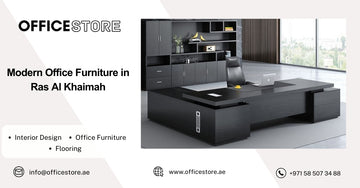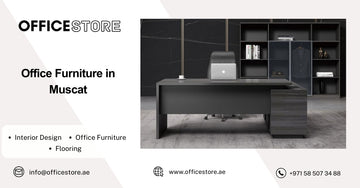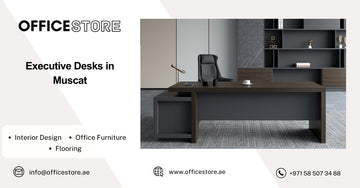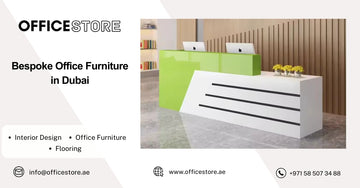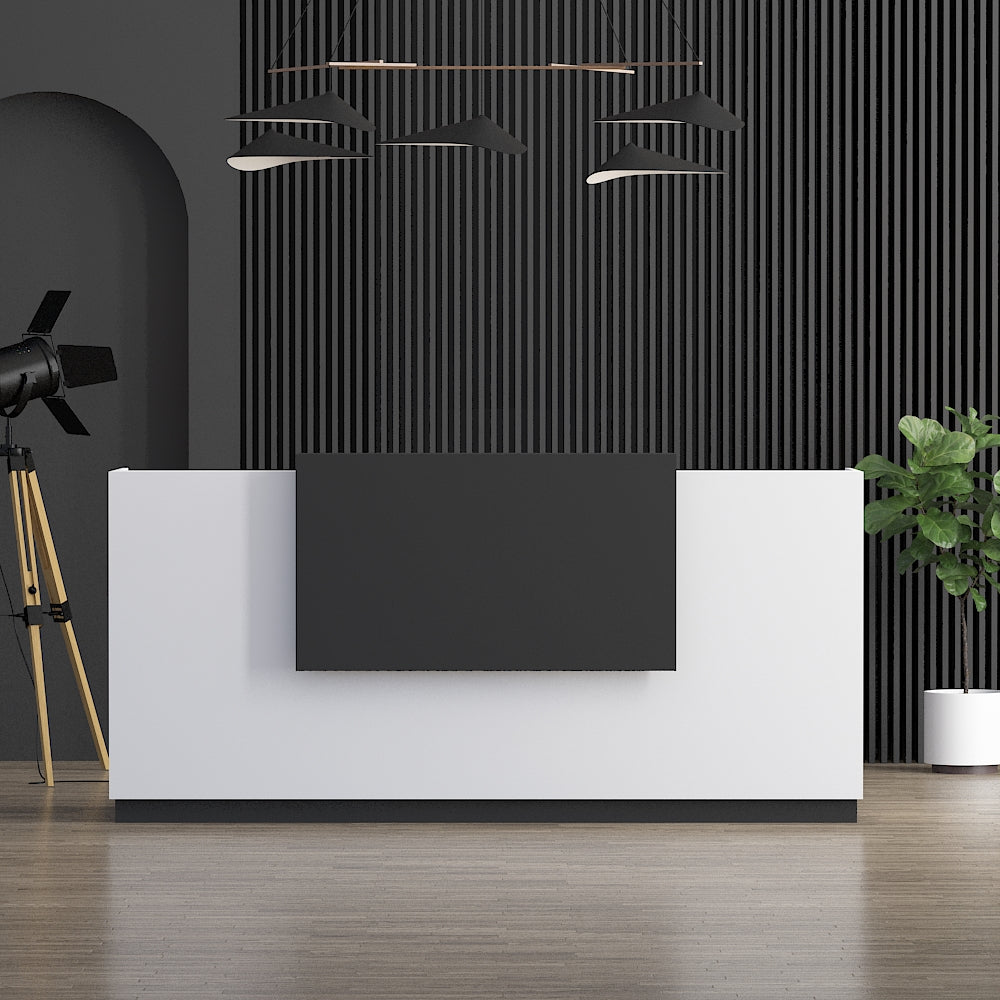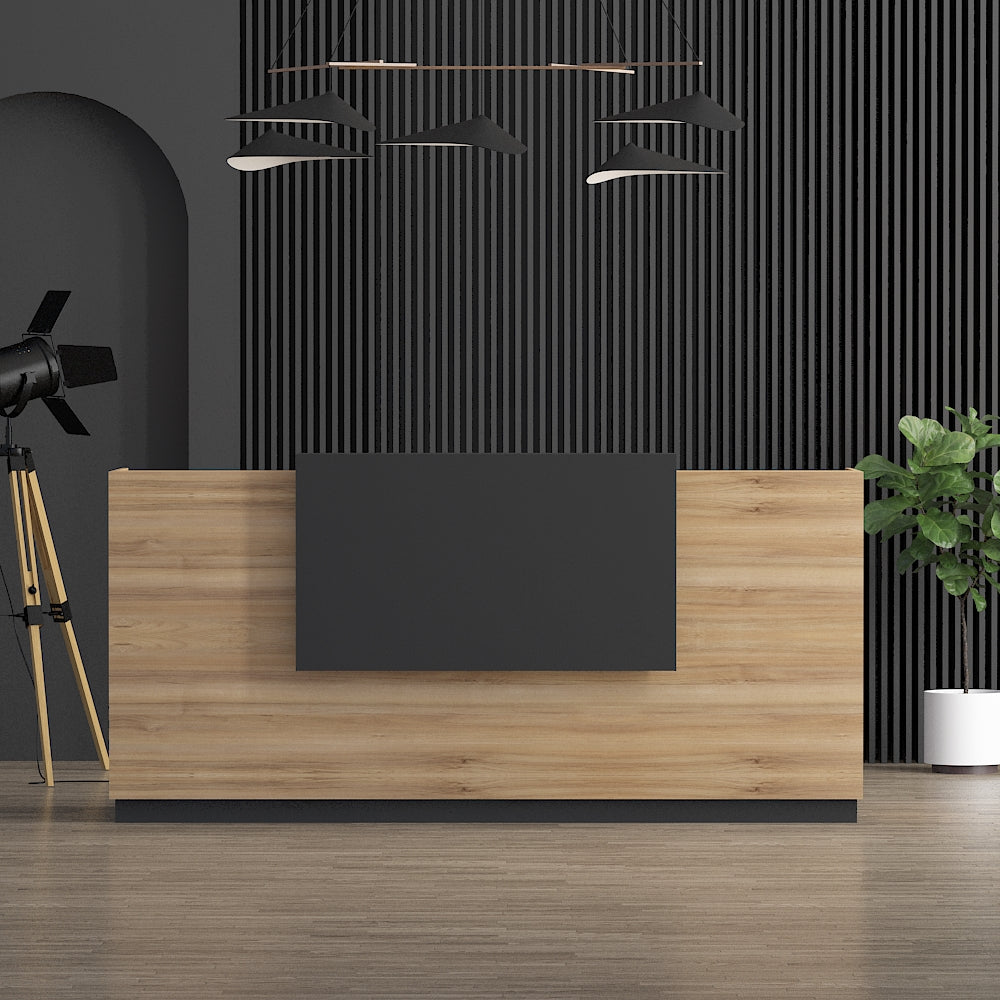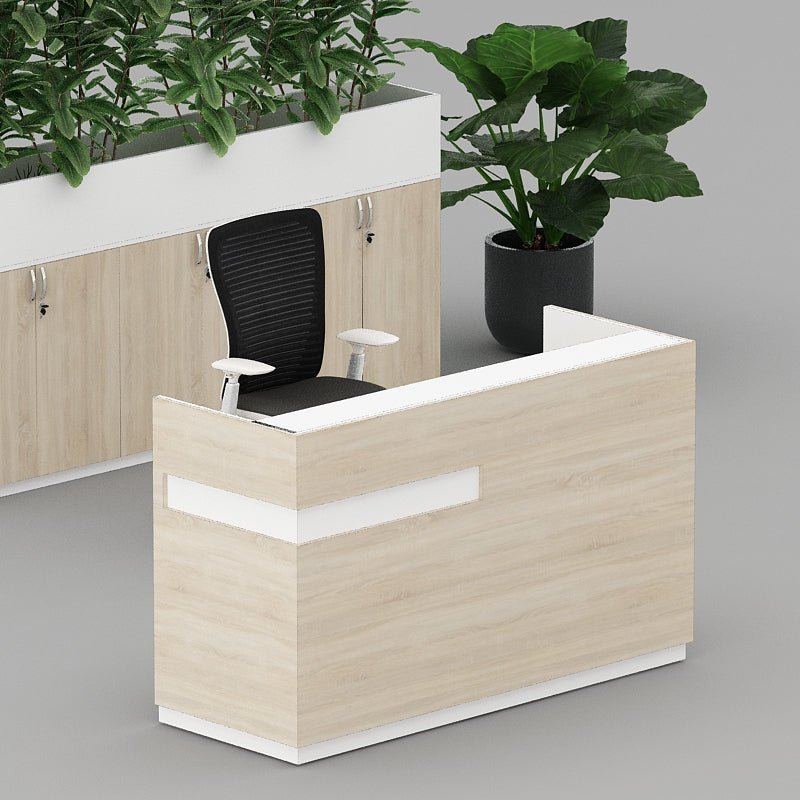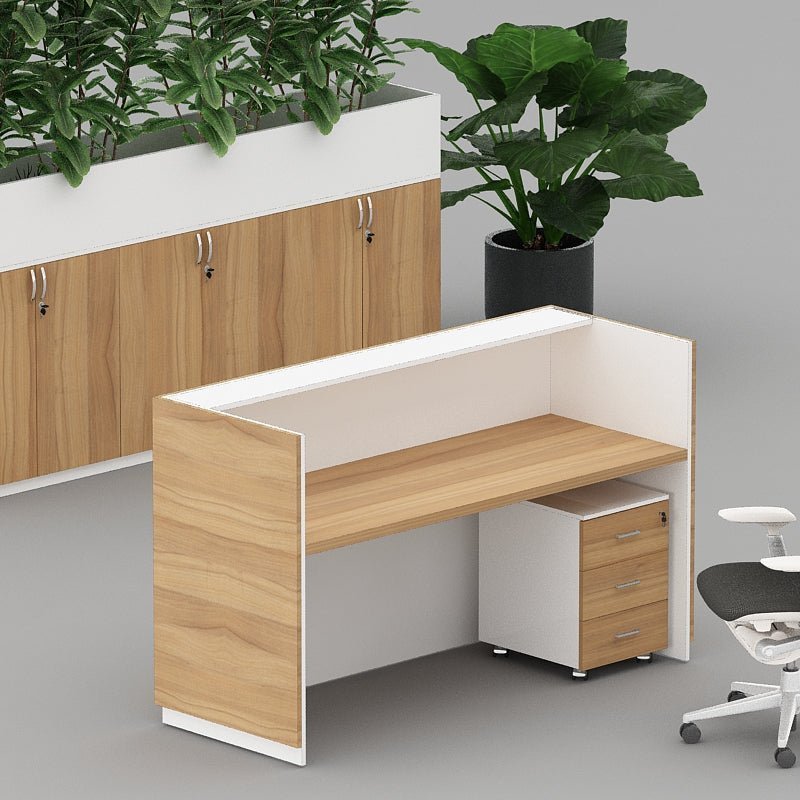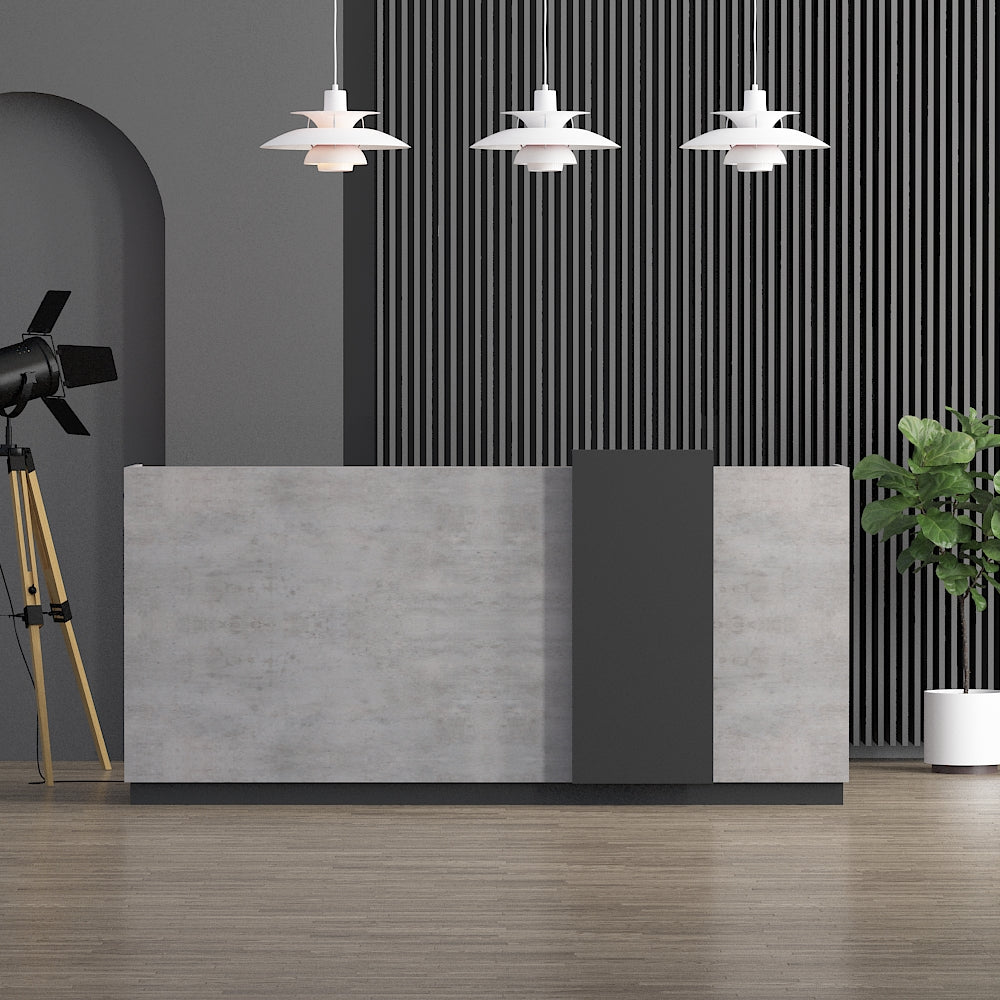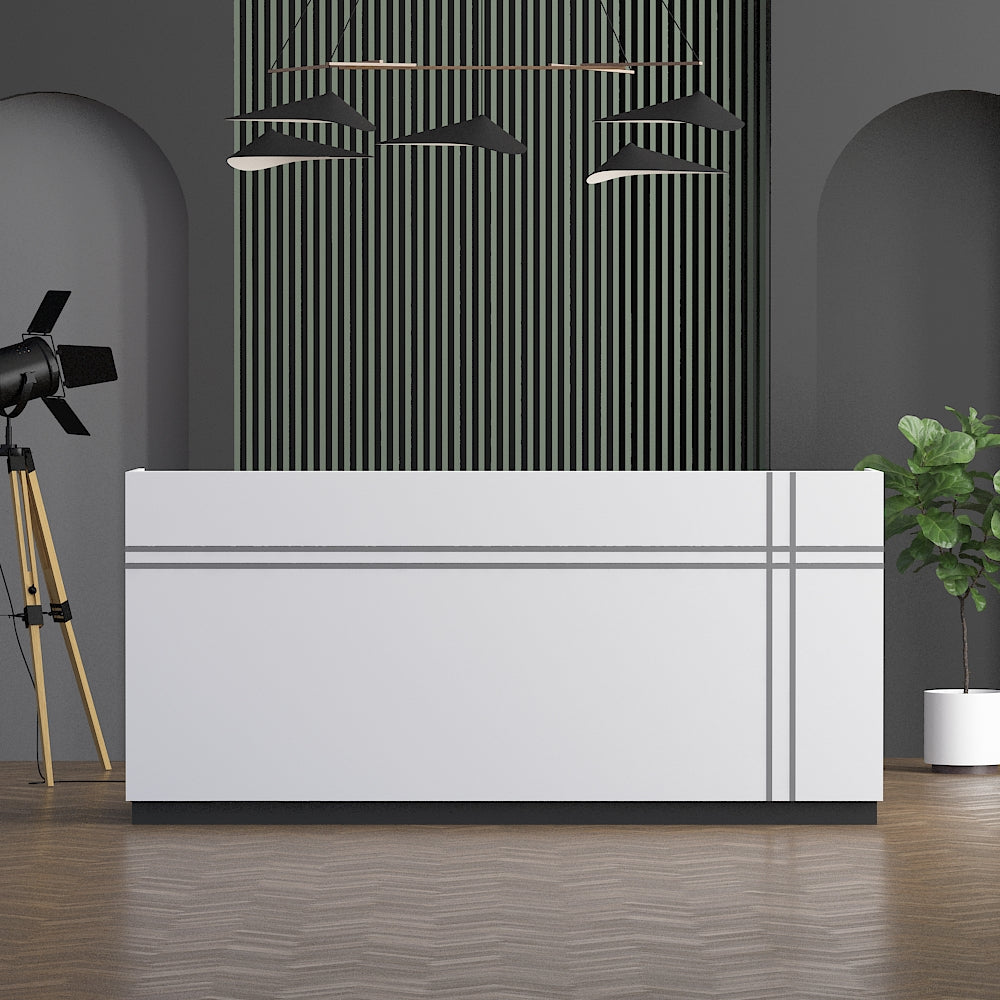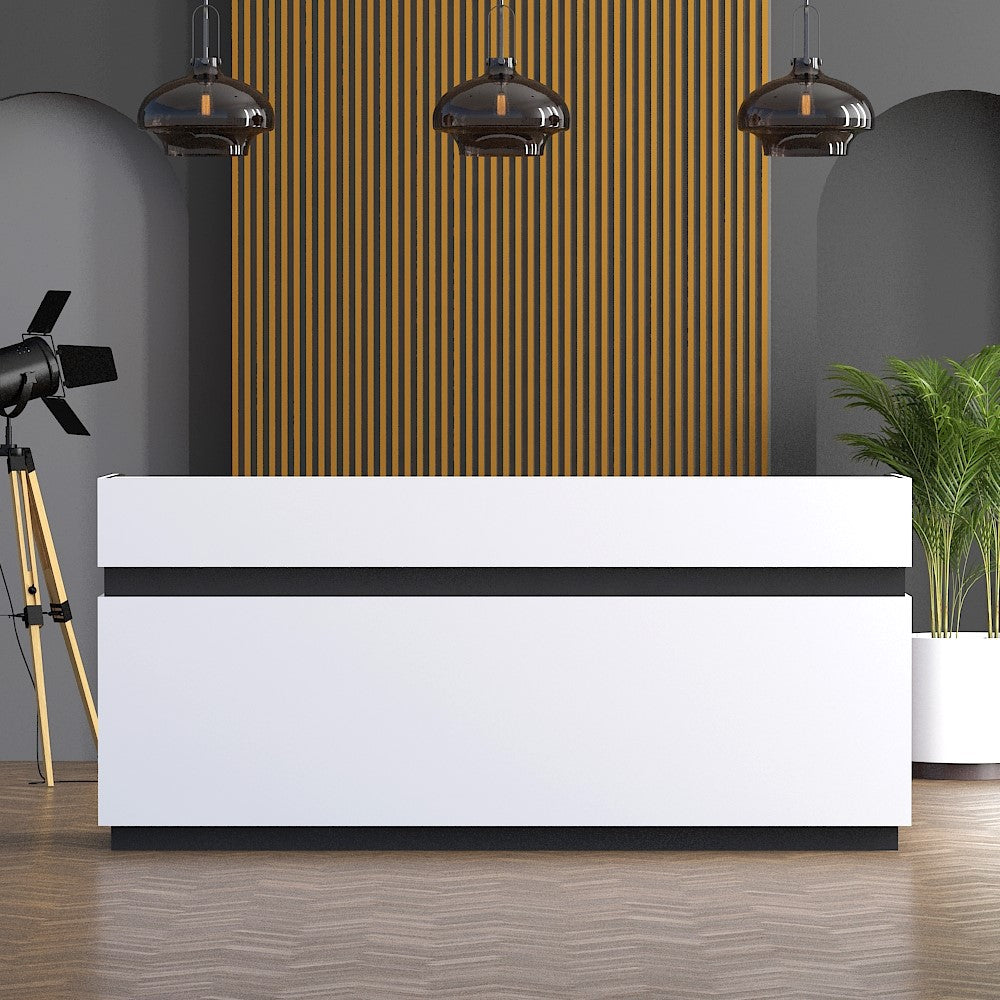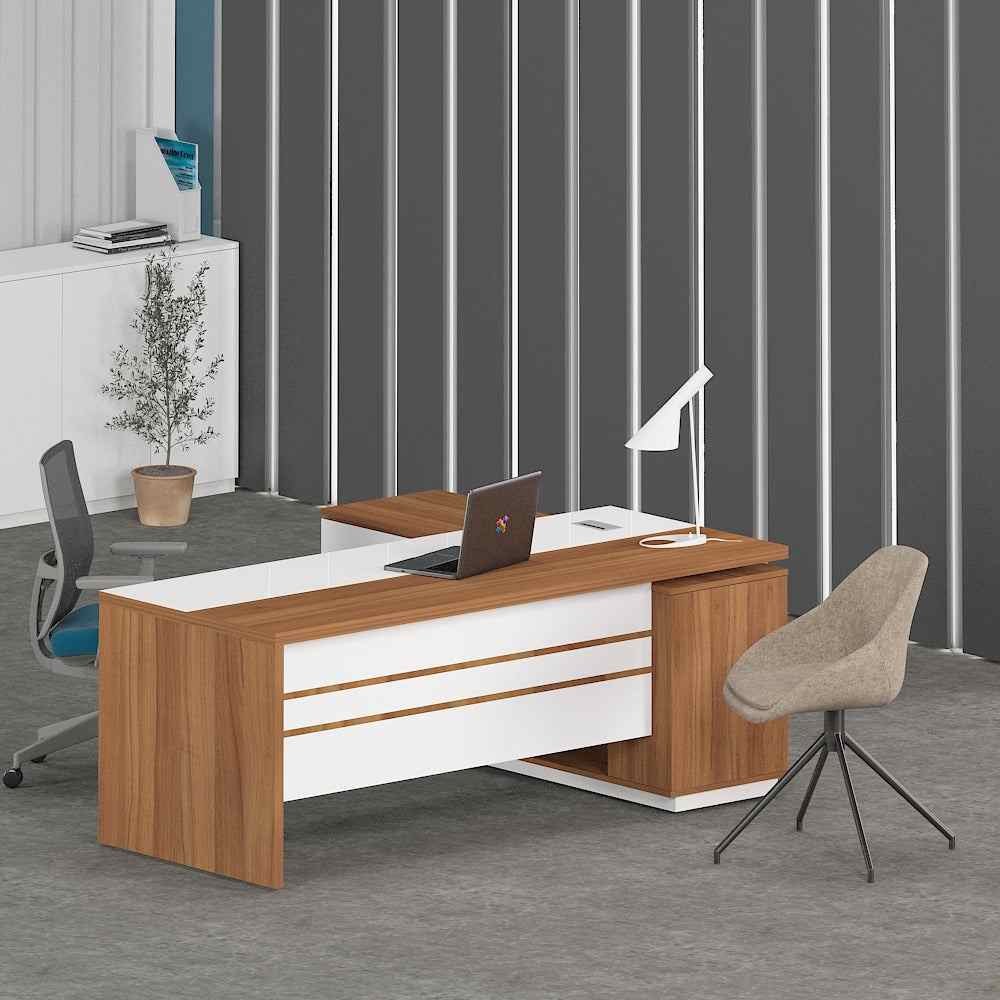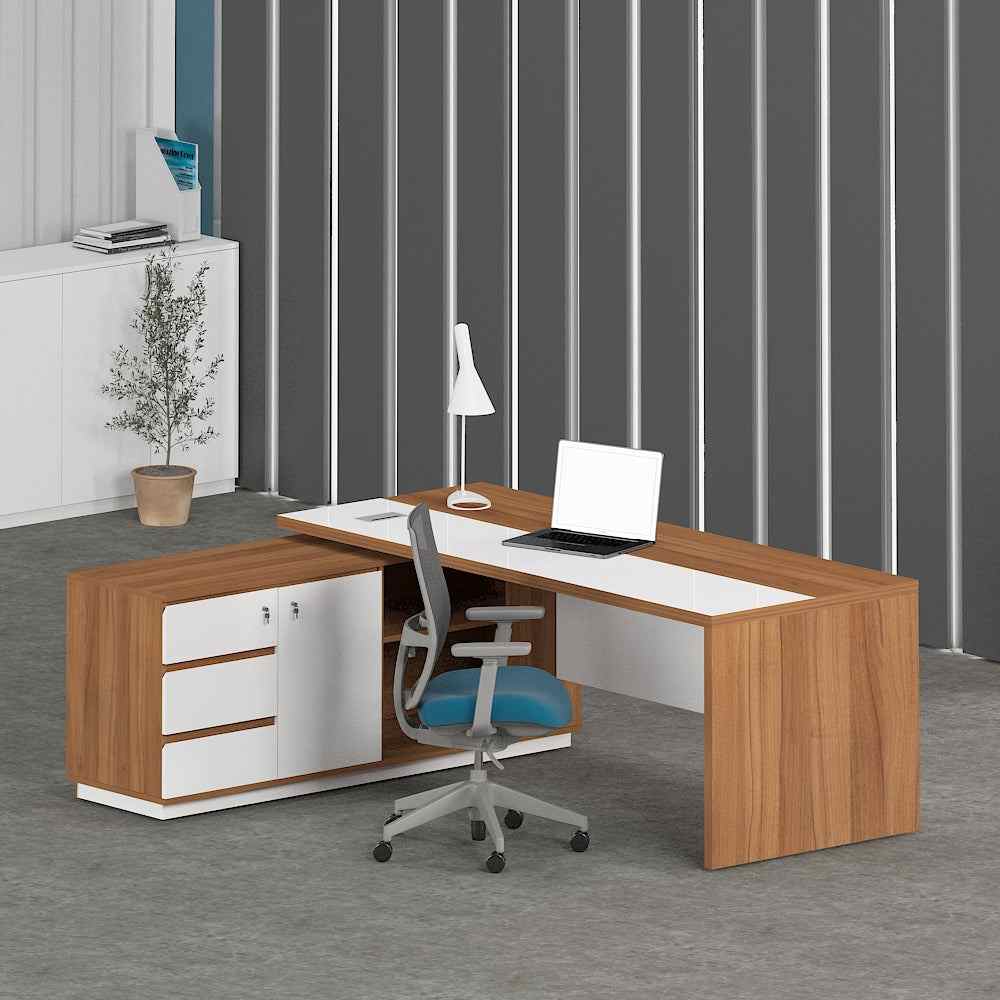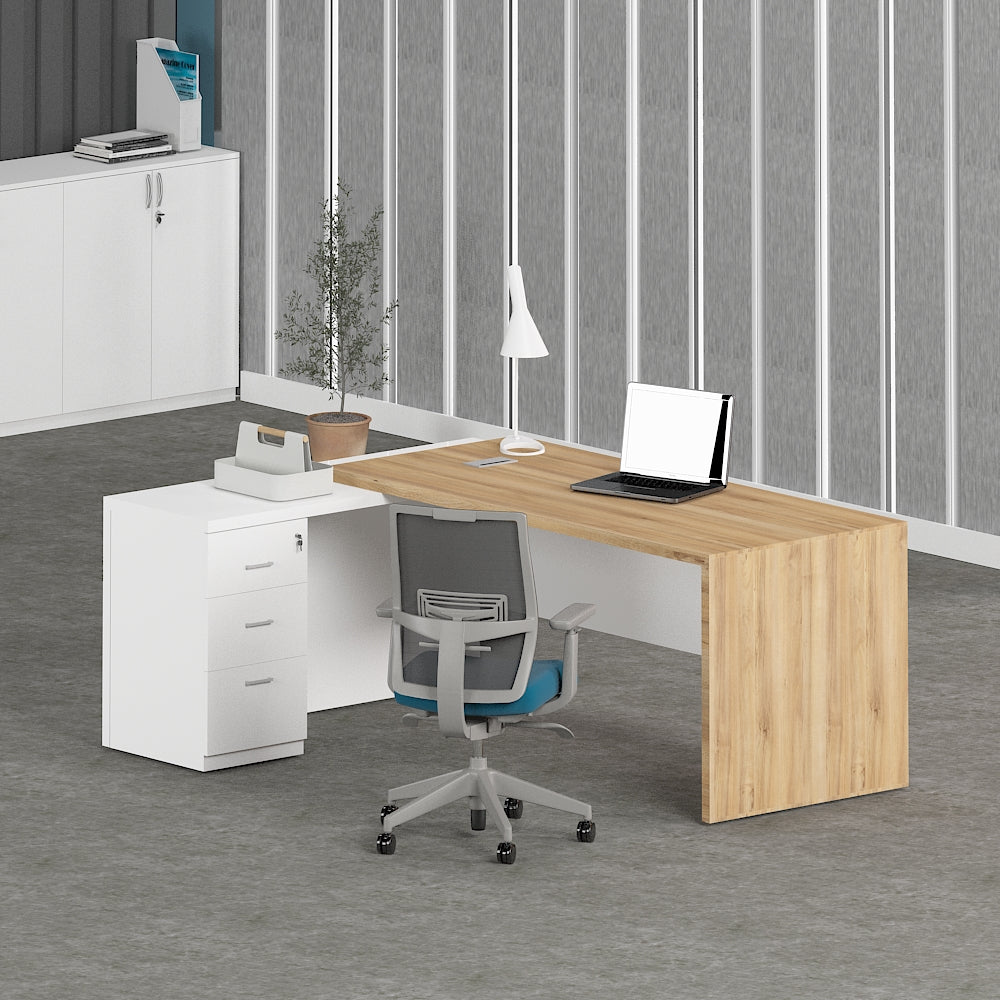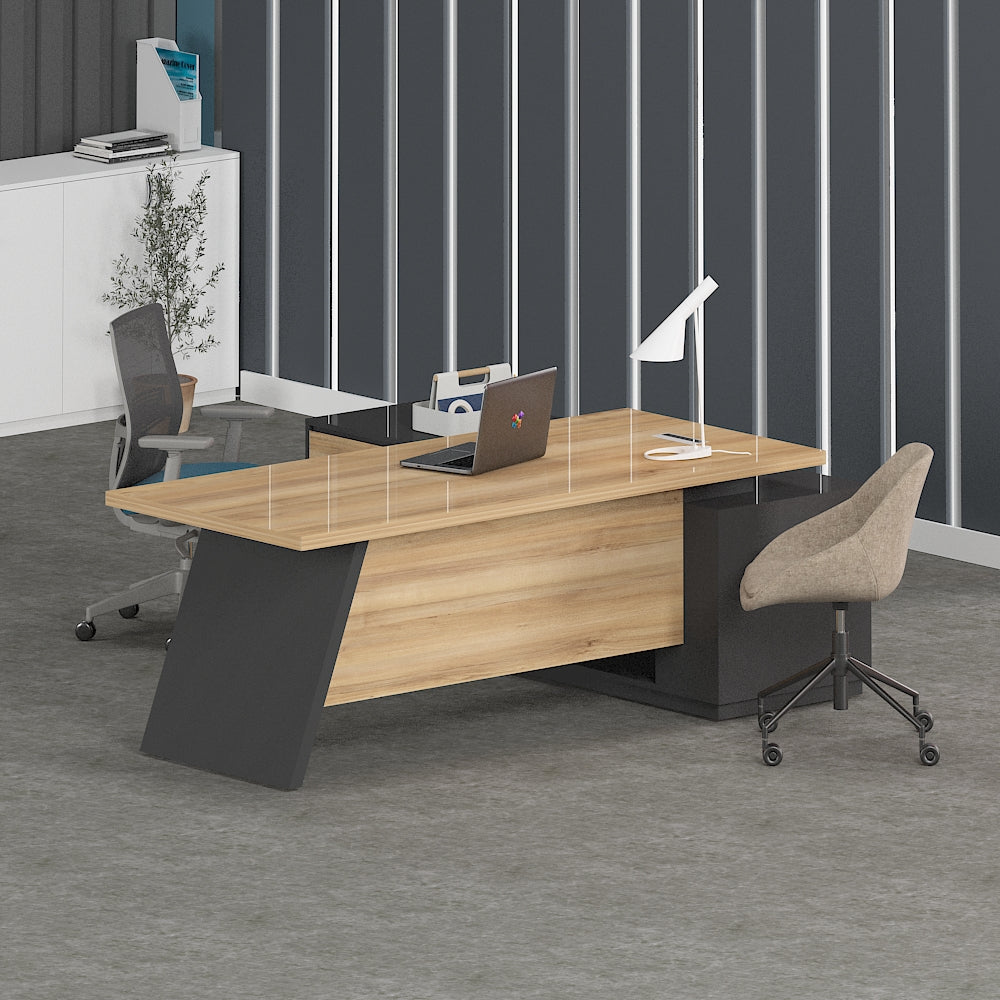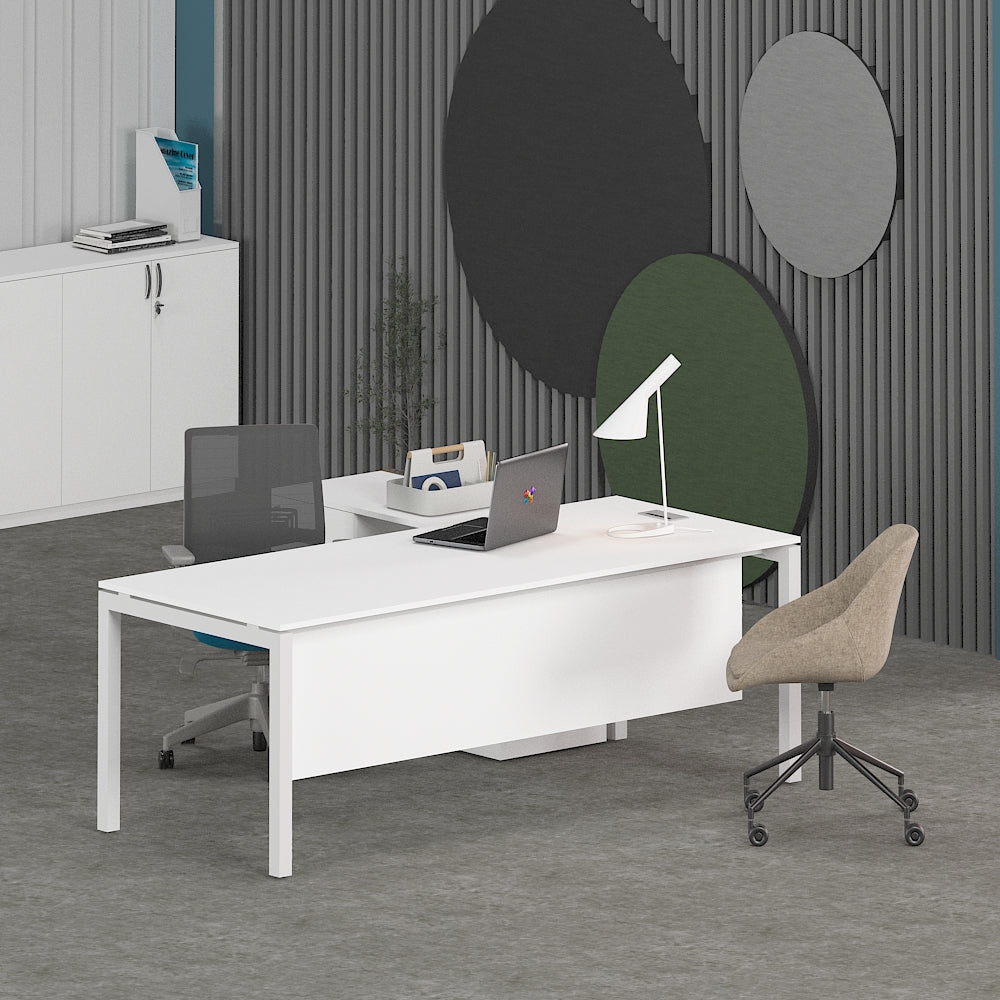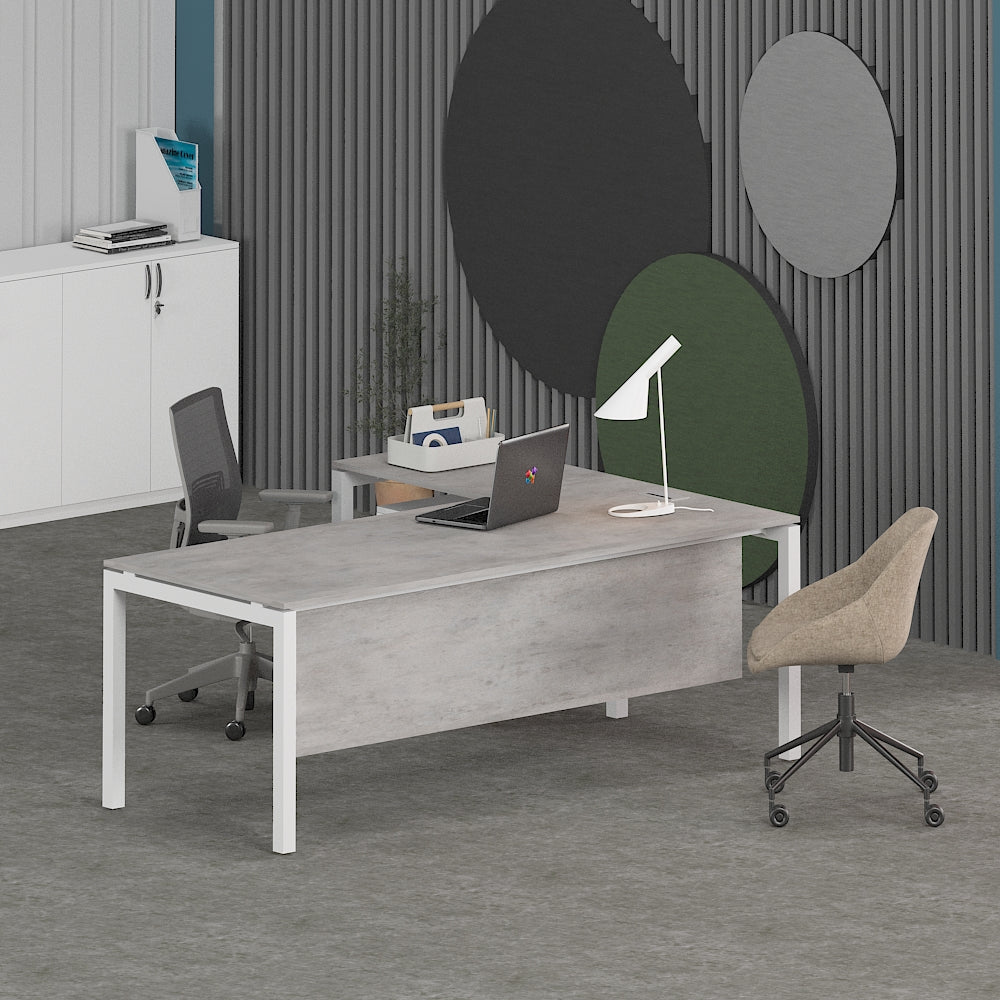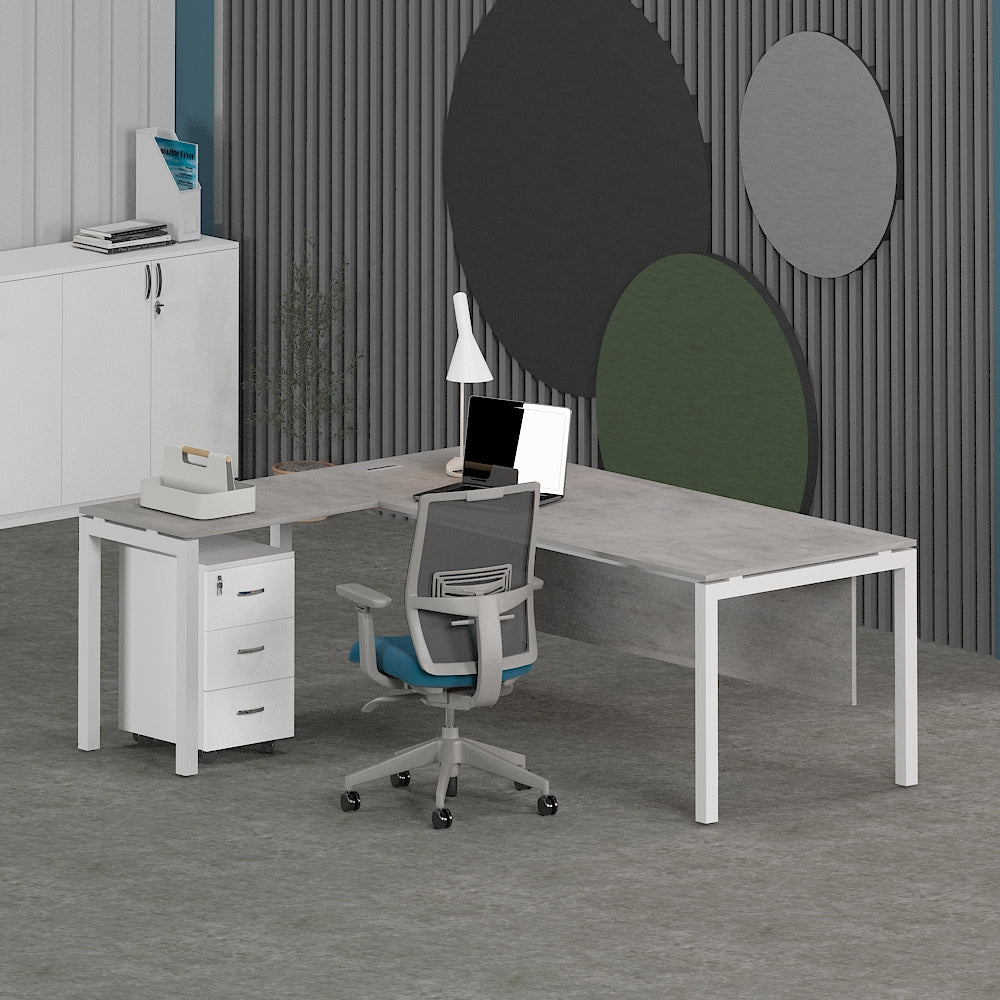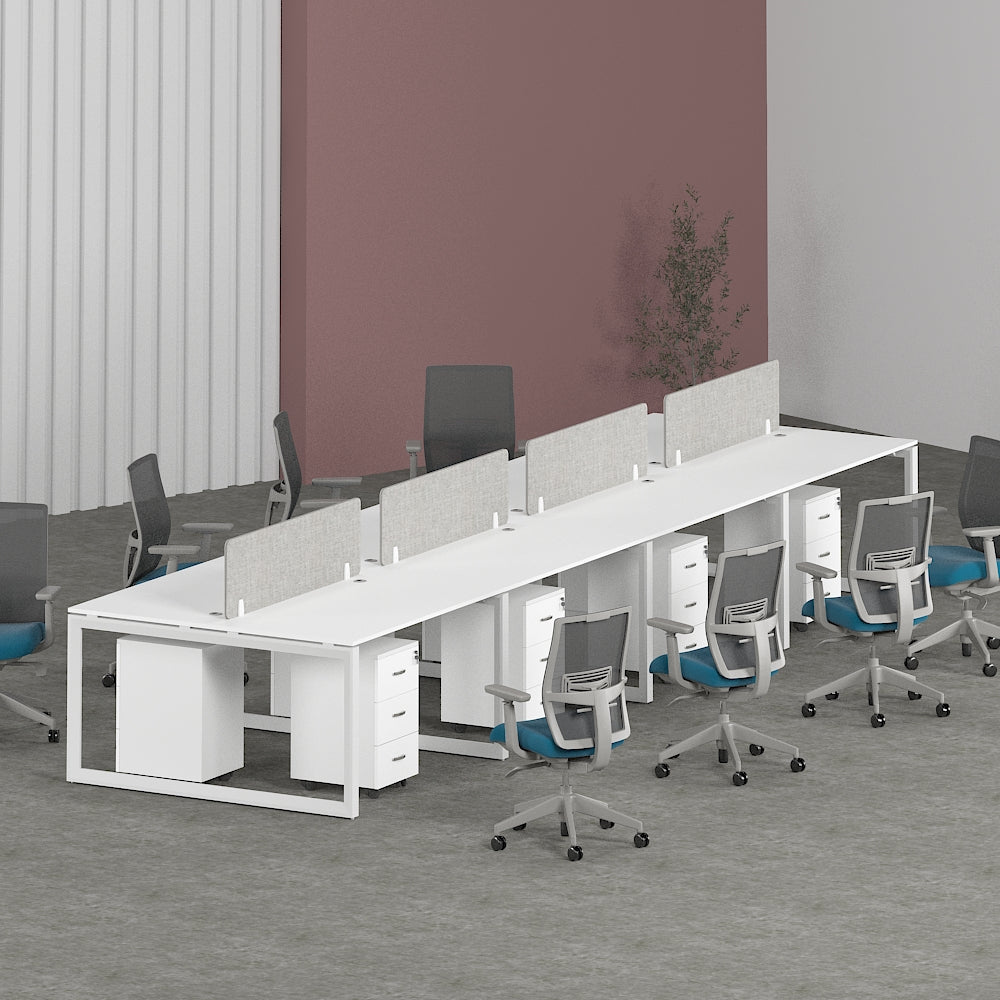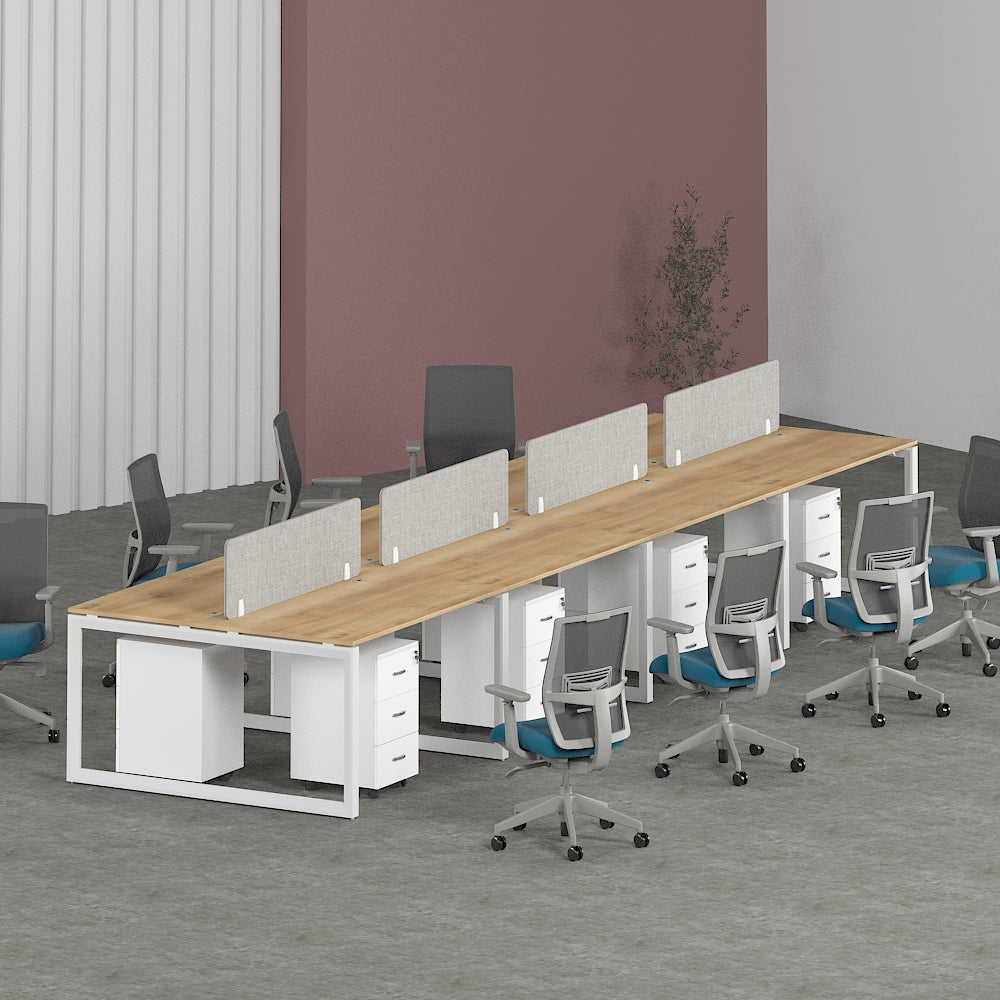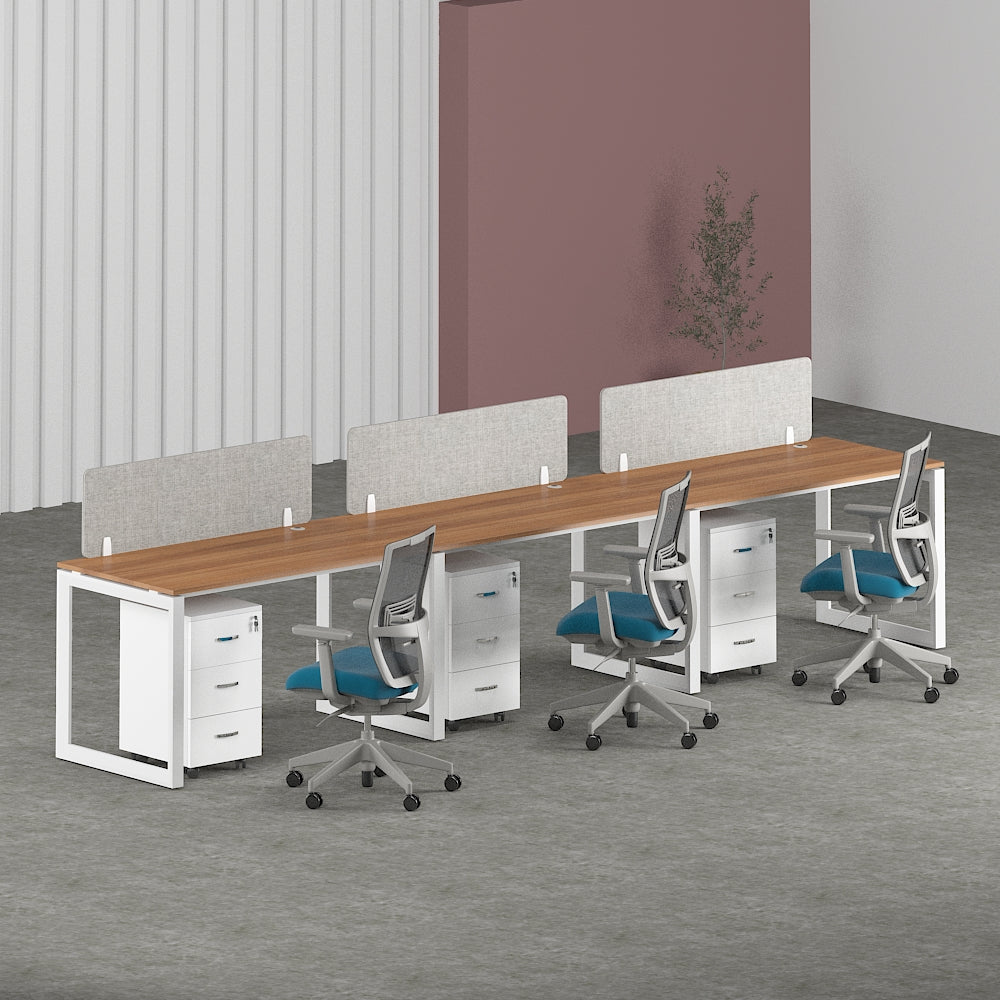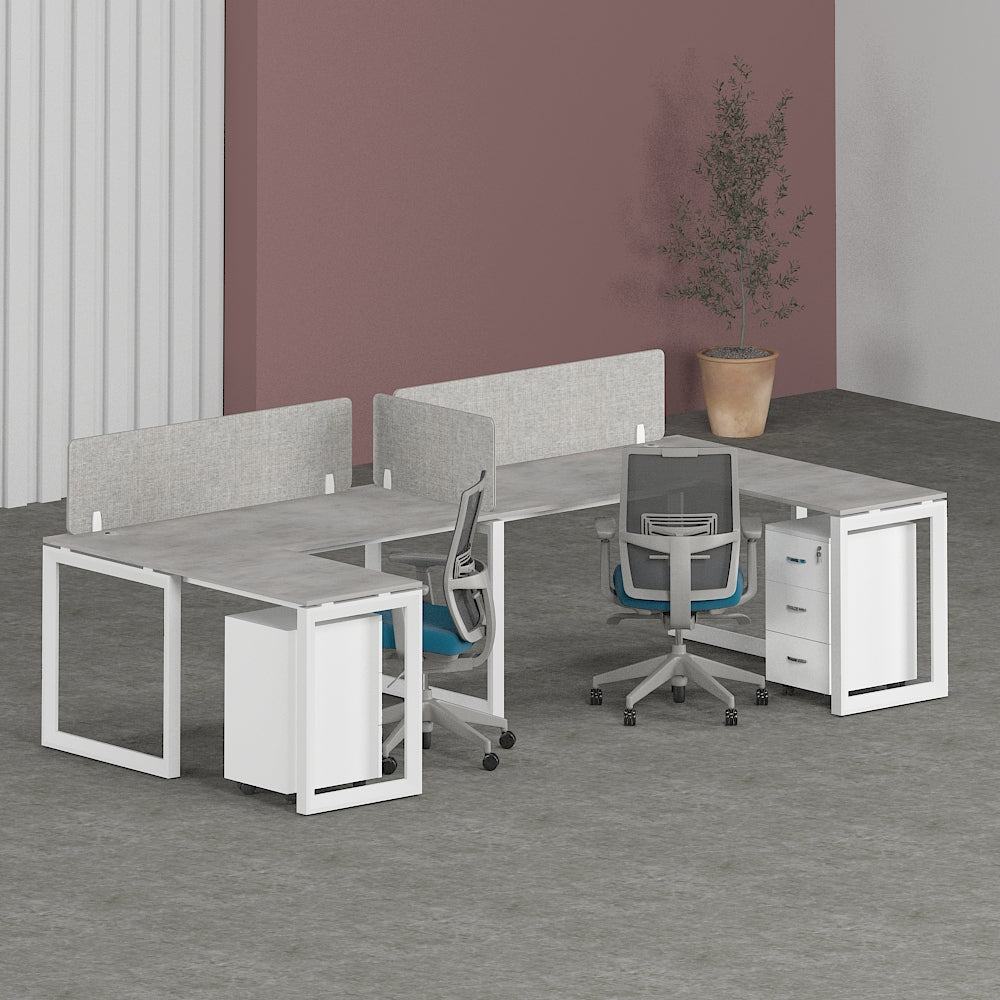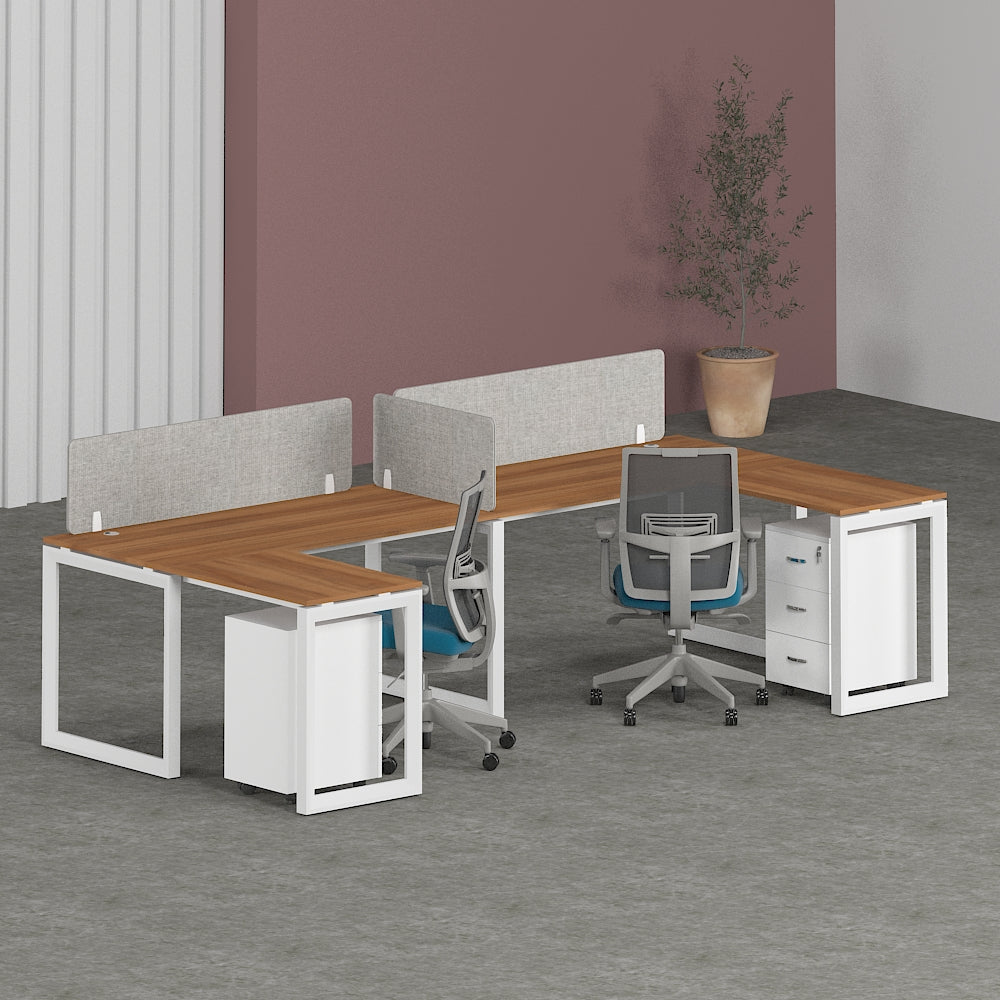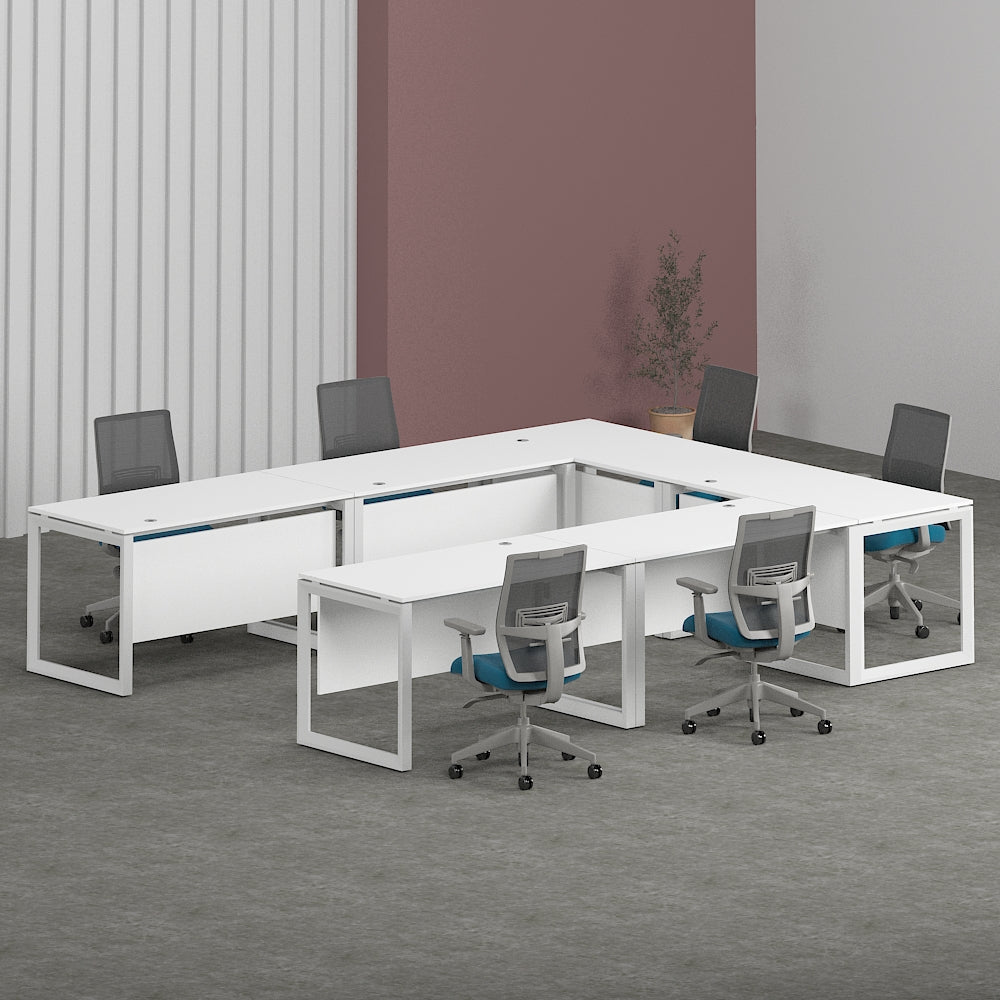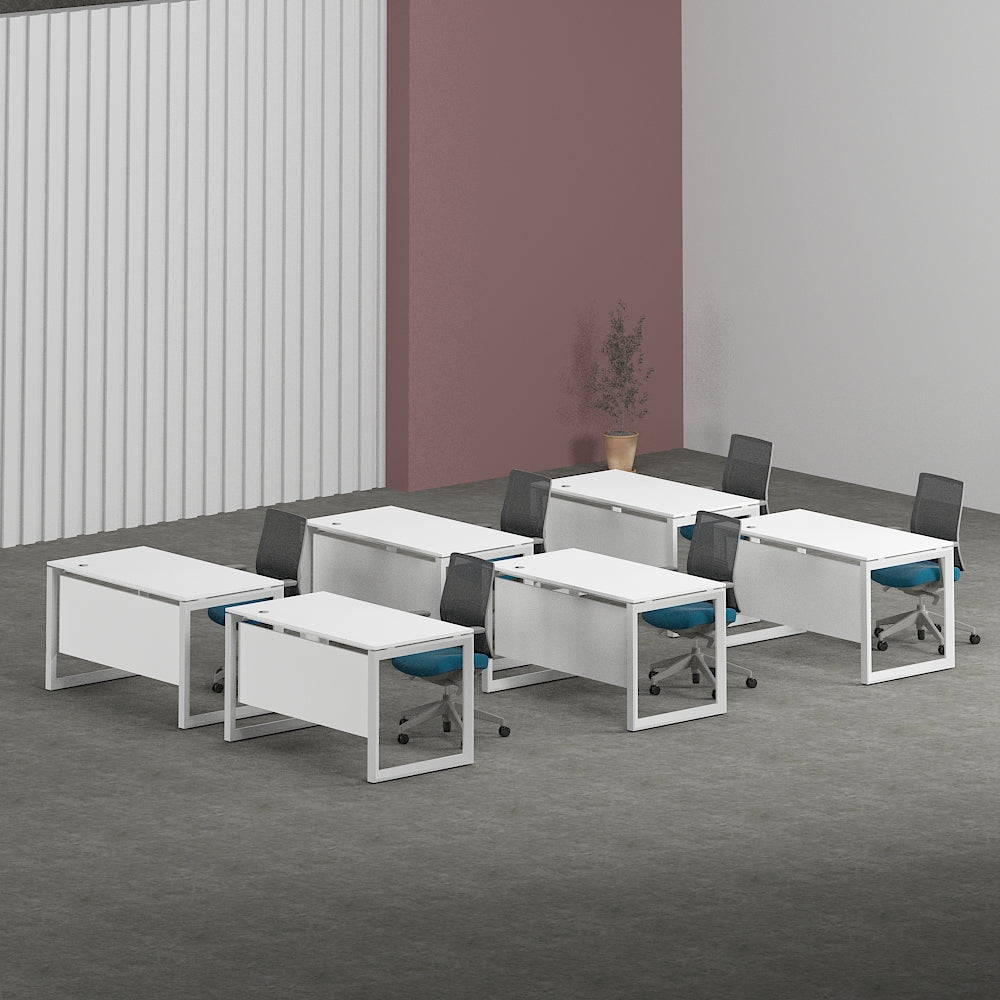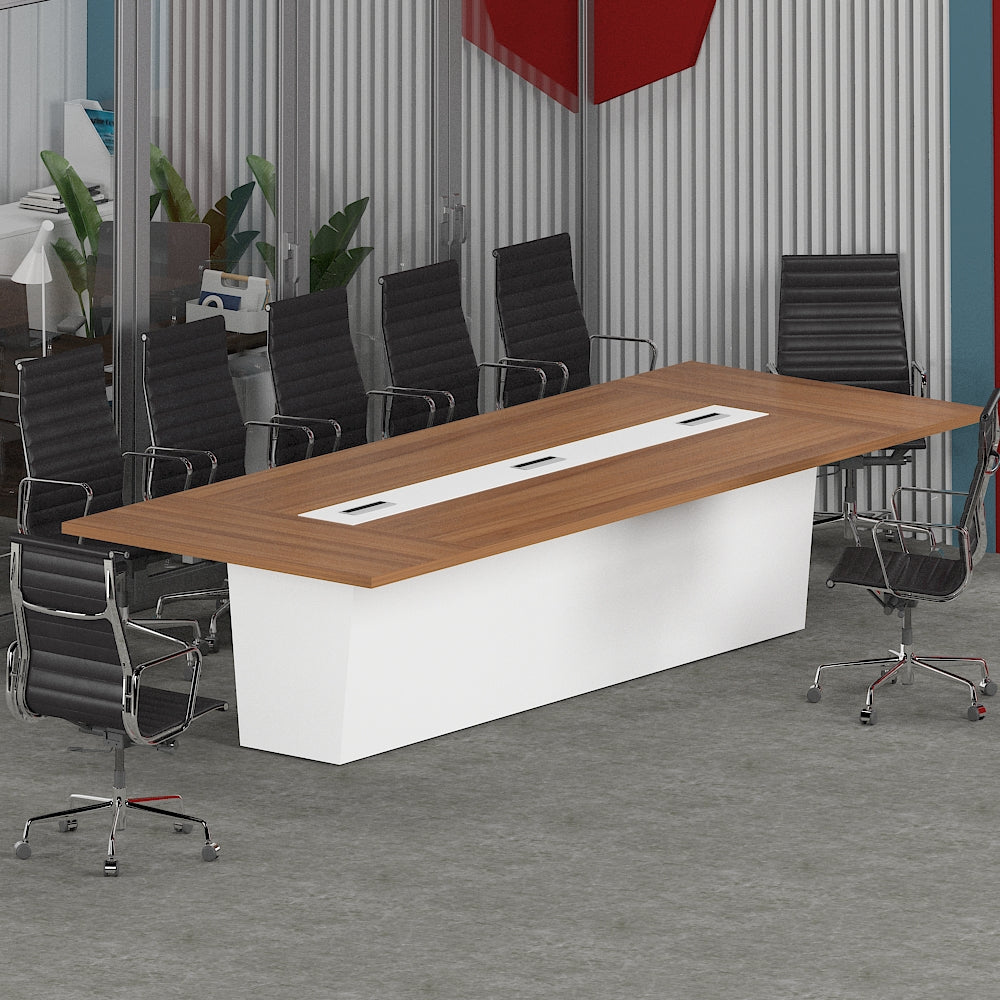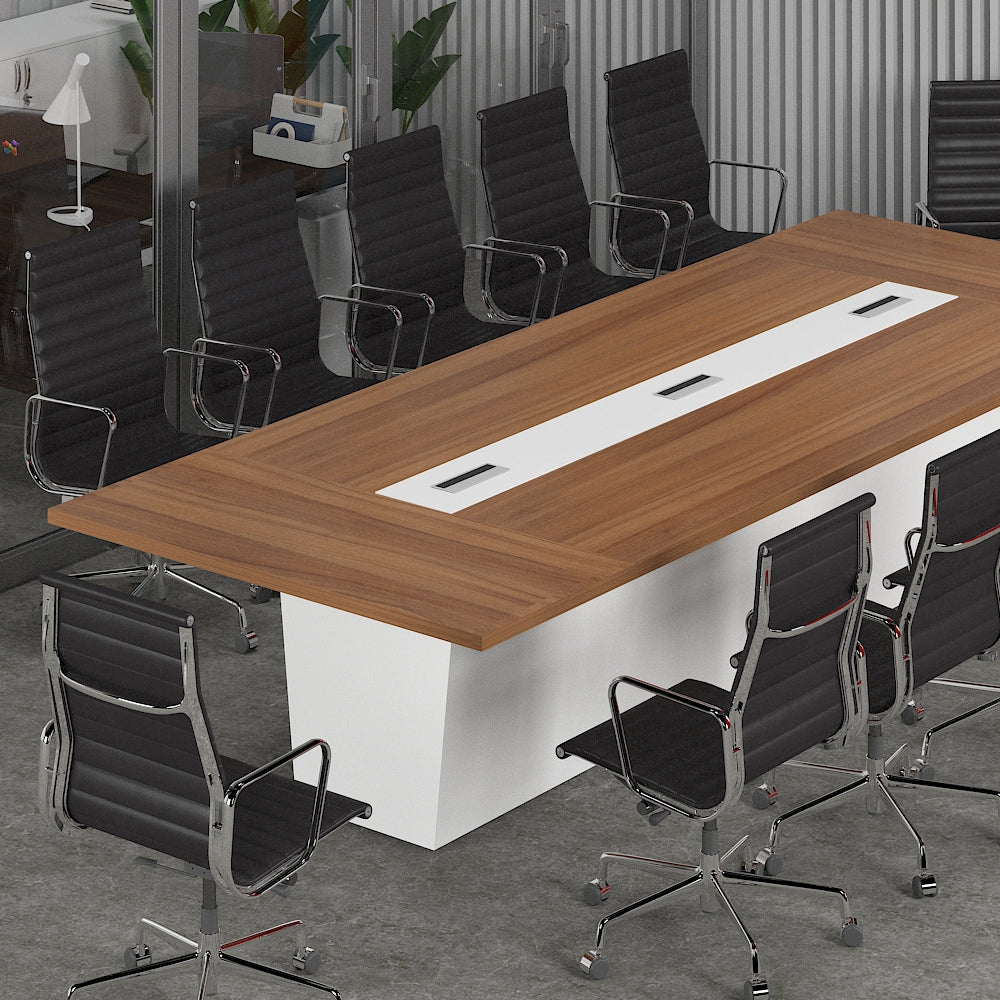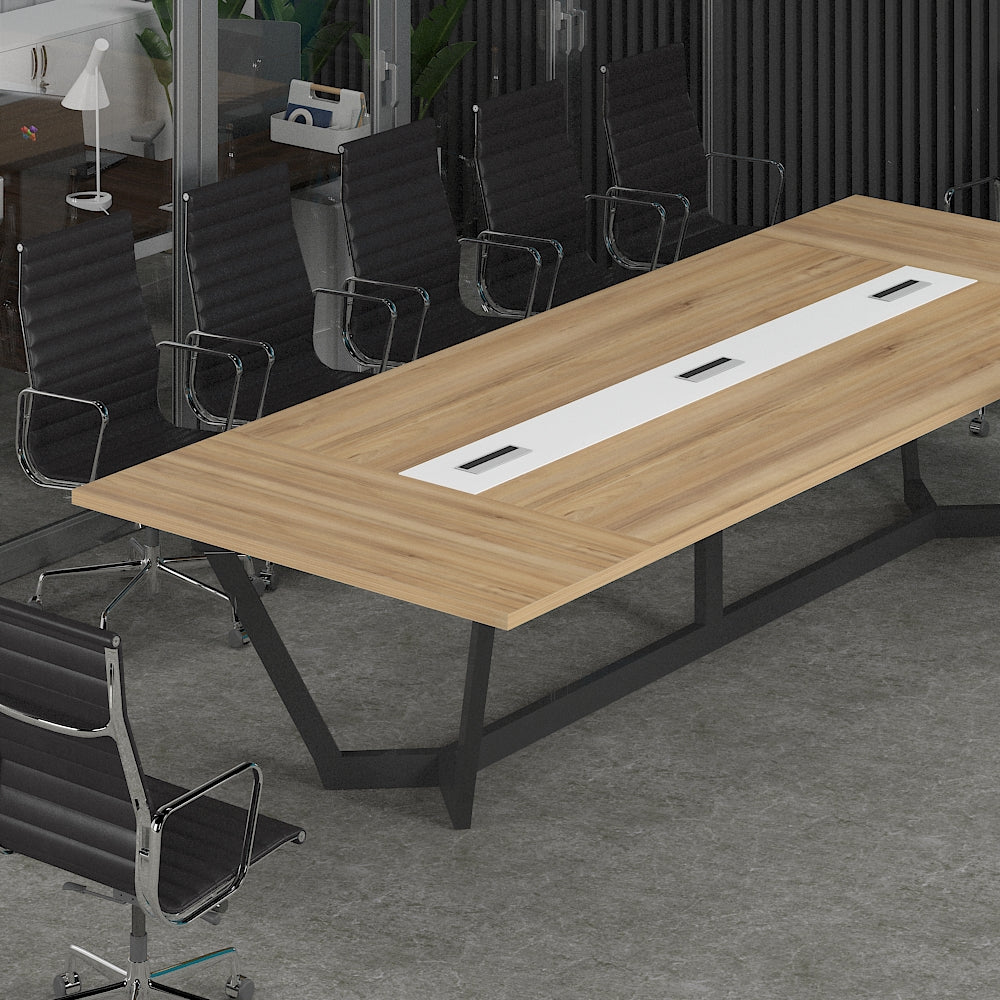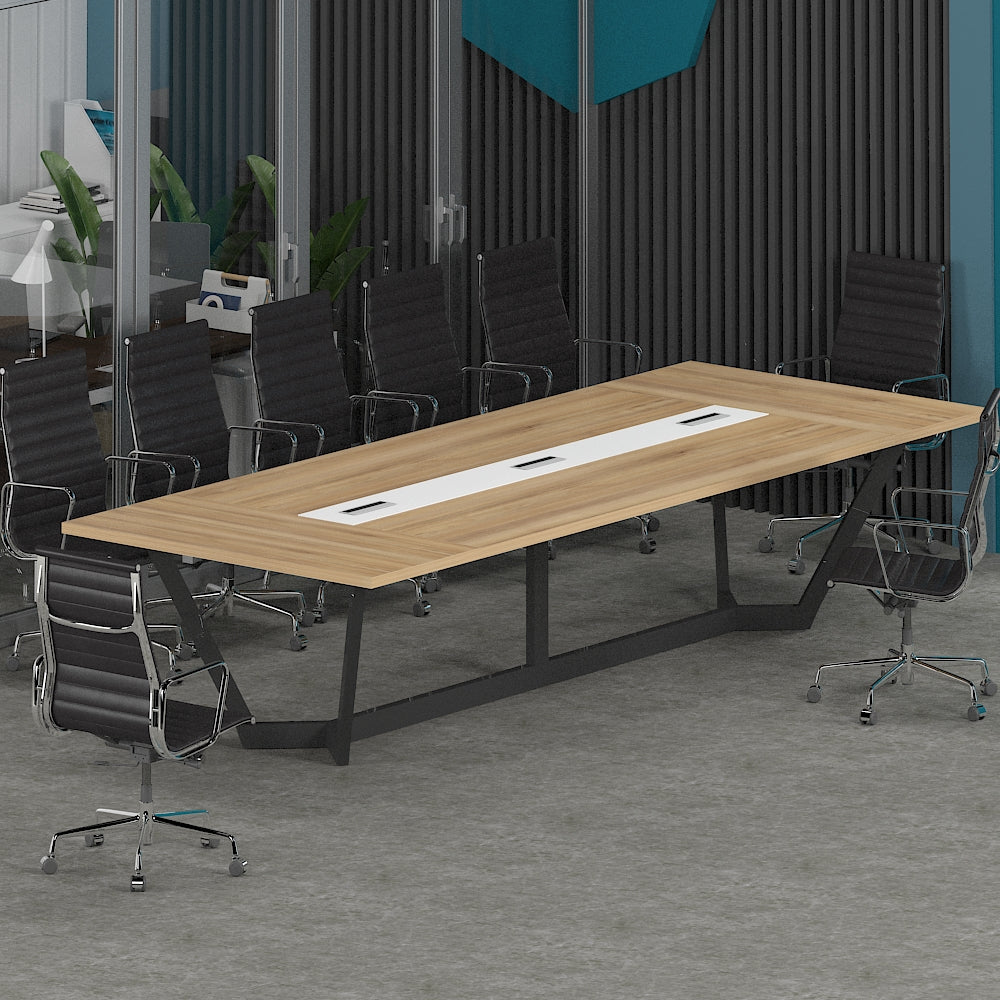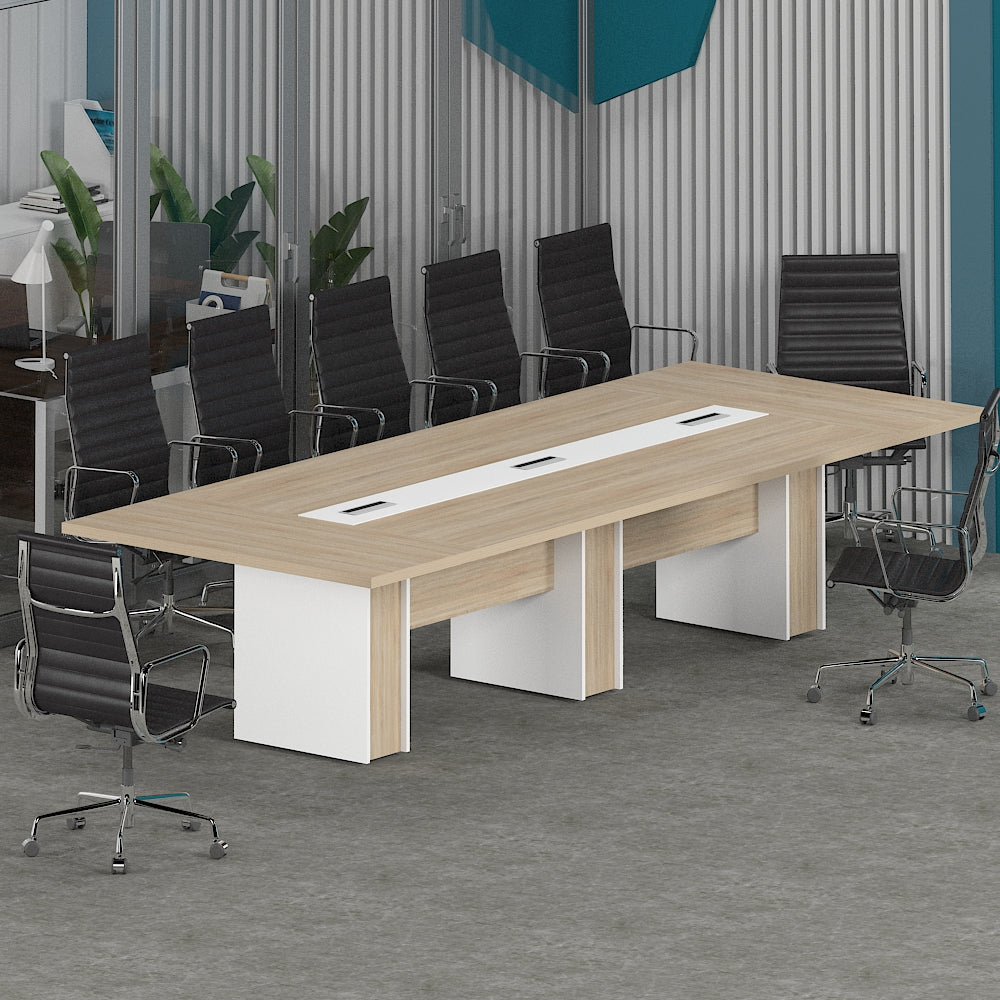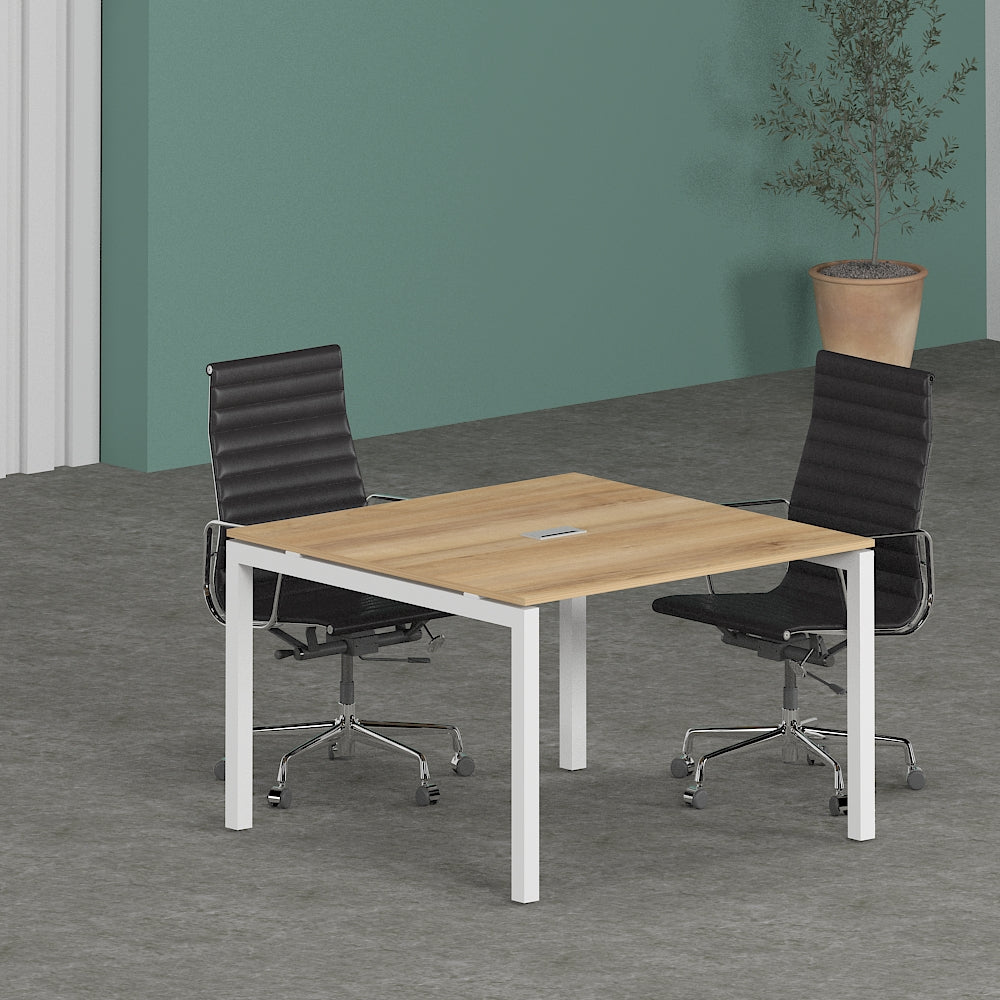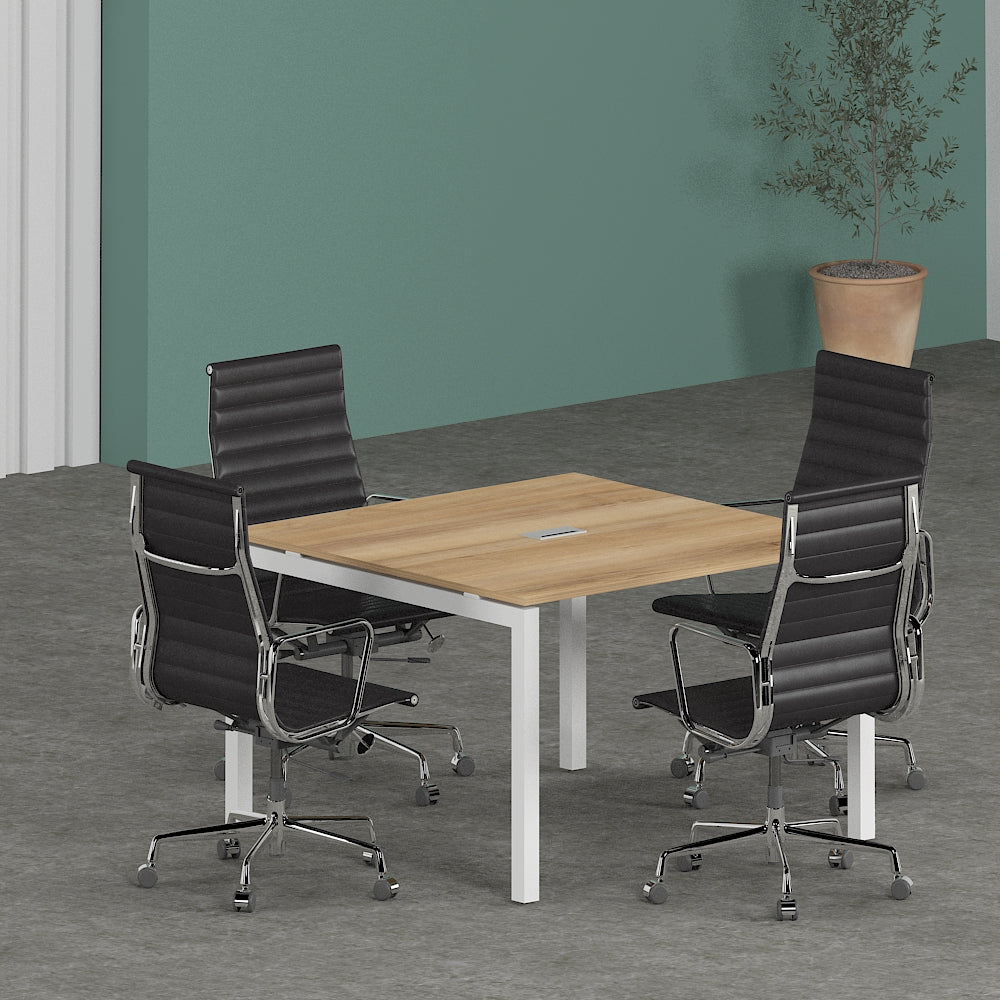Most Common Home Office Design Mistakes That You Should Avoid
Setting up a home office isn't just about finding a nook and placing a desk and chair. It's about creating a productive sanctuary where creativity flows, and deadlines are met. But even the best intentions can lead to design blunders that hinder rather than help. In this guide, we'll explore the most common home office design mistakes and how to sidestep them.
Why Home Office Design Matters
Your home office isn't just a space; it's your professional domain. The design of this space directly impacts your productivity, mood, and even your health. From lighting to layout, every aspect plays a crucial role in shaping your work environment.
1. Lighting Mistakes
Good lighting is paramount for a functional workspace. Yet, many home offices suffer from inadequate or harsh lighting. Insufficient lighting strains the eyes, leading to fatigue and headaches. On the other hand, harsh lighting can cause glare and discomfort. Opt for a mix of natural and artificial light sources to create a well-lit, balanced environment.
Furniture Selection Errors
Your choice of furniture can make or break your home office experience. Poor ergonomics can result in back pain and posture issues, while inadequate storage leads to clutter and disorganization. Invest in ergonomic furniture that promotes comfort and productivity, and ensure ample storage solutions to keep your space tidy.
Layout Blunders
The layout of your home office affects how you move and work within the space. Awkward furniture placement disrupts workflow and creates obstacles. Additionally, ignoring traffic flow can lead to cramped and inefficient work areas. Take the time to plan your layout thoughtfully, considering both functionality and aesthetics.
Lack of Personalization
A sterile, uninspiring workspace can stifle creativity and motivation. Neglecting to personalize your home office can result in a cold, unwelcoming atmosphere. Add personal touches like artwork, plants, and decor that reflect your style and personality. Remember, your home office should inspire and energize you.
Neglecting Tech Needs
In today's digital age, technology is essential for remote work. Neglecting tech needs such as inadequate connectivity or poor cable management can lead to frustration and inefficiency. Invest in reliable internet service, ergonomic peripherals, and cable organizers to streamline your setup.
Ignoring Aesthetic Appeal
Aesthetics matter in a home office. A cluttered, visually unappealing space can dampen your mood and productivity. Avoid clutter by keeping surfaces clear and opting for cohesive decor. Choose a color scheme that promotes focus and relaxation, and invest in quality furnishings that enhance the overall aesthetic.
Noise Disturbances
External noise and echoes can be major distractions in a home office. Consider soundproofing solutions like rugs, curtains, or acoustic panels to minimize disturbances. If possible, position your workspace away from high-traffic areas to reduce noise pollution.
Temperature and Ventilation Issues
Maintaining a comfortable temperature and adequate ventilation is crucial for a productive work environment. Inconsistent temperatures and poor ventilation can lead to discomfort and decreased focus. Invest in a quality HVAC system and consider adding fans or air purifiers to optimize air quality.
Lack of Greenery
Bringing nature indoors can have numerous benefits for your home office. Plants not only improve air quality but also reduce stress and boost mood and productivity. Incorporate greenery into your workspace with potted plants or hanging gardens to create a more vibrant and inviting atmosphere.
Underestimating Storage Needs
A cluttered workspace can hinder productivity and creativity. Underestimating your storage needs can lead to a disorganized and chaotic environment. Invest in storage solutions that maximize vertical space and keep essentials within reach. Consider multifunctional furniture like shelving units or filing cabinets to keep clutter at bay.
Overlooking Privacy Concerns
Privacy is essential, especially if your home office is in a shared space. Distractions from household activities or lack of confidentiality can disrupt your workflow. Establish boundaries with family members or roommates and invest in soundproofing or privacy screens to create a distraction-free zone.
Overcomplicating Design
Simplicity is key when it comes to home office design. Overly ornate features or excessive decor can overwhelm the space and hinder productivity. Focus on functionality and choose design elements that serve a purpose rather than cluttering the space.
Poor Cable Management
Cable clutter not only looks unsightly but can also be a safety hazard. Invest in cable organizers and routing systems to keep wires neat and out of the way. Avoid tripping hazards and potential damage to equipment by keeping cables tidy and organized.
Inadequate Budget Allocation
While it's tempting to cut corners when setting up a home office, investing in quality equipment and furnishings is essential for long-term productivity and comfort. Consider the long-term costs versus short-term savings when budgeting for your home office setup.
Neglecting Maintenance
Regular cleaning and maintenance are vital for preserving the functionality and aesthetics of your home office. Preventive maintenance can help avoid costly repairs and ensure that your workspace remains a productive environment.
Conclusion
Designing a home office that fosters productivity and creativity requires careful planning and consideration. By avoiding common design mistakes such as poor lighting, inadequate furniture, and neglecting tech needs, you can create a workspace that inspires and energizes you.
FAQs
-
What are some quick fixes for poor lighting?
- Adding task lighting like desk lamps or under-cabinet lights can help supplement inadequate overhead lighting.
-
How can I make my home office more ergonomic?
- Invest in an ergonomic chair with lumbar support and adjustable height, and position your monitor at eye level to reduce strain on your neck and eyes.
-
Is it necessary to invest in expensive furniture?
- While quality furniture can improve comfort and durability, there are budget-friendly options available that still offer ergonomic support and functionality.
-
How can I create a more visually appealing home office?
- Choose a cohesive color scheme, incorporate personal touches like artwork or plants, and declutter regularly to maintain a clean and inviting space.
-
What should I do if my home office lacks space?
- Maximize vertical space with shelving units or wall-mounted storage, and consider multifunctional furniture that can adapt to your needs.

